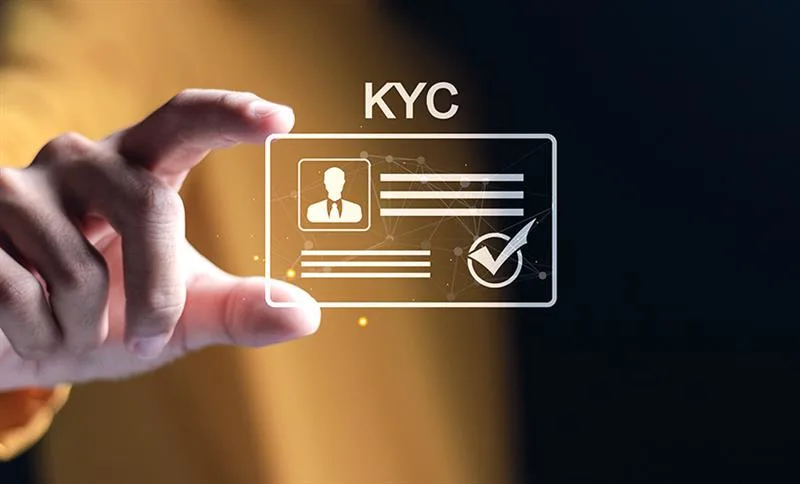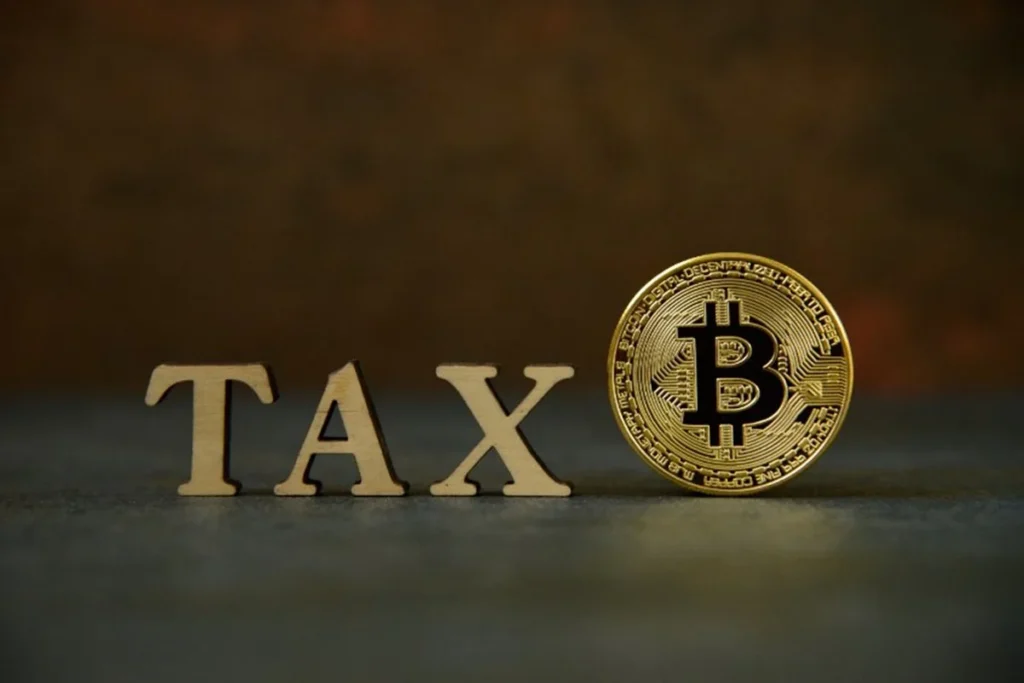Introduction: Why You Need to Understand Thai Crypto Laws
Is Crypto Trading Legal in Thailand? Trading digital assets in Thailand isn’t as simple as downloading an app and jumping in. While the government has welcomed innovation, there are clear legal lines—and crossing them can lead to trouble. In this tutorial, we’ll walk you through the legal framework step by step so you can trade crypto in Thailand confidently and legally in 2025.
Step 1: Know the Answer — Is Crypto Trading Legal in Thailand?
Yes, crypto trading is legal in Thailand in 2025—but only through licensed channels. You are permitted to buy, sell, and hold cryptocurrencies if you use platforms approved by the Thai Securities and Exchange Commission (SEC).
What makes it legal?
- You’re using an SEC-approved exchange
- You’ve completed KYC (identity verification)
- You’re not using crypto for payments
Let’s dig deeper into what you can—and can’t—do.

Credit from : Bank Info Security
Step 2: Is Crypto Trading Legal in Thailand? Use Only Registered Exchanges
To trade legally in Thailand, you must register with or use a licensed exchange. The Thai SEC regulates digital asset businesses under the Digital Asset Business Emergency Decree (2018).
Examples of licensed platforms:
- Bitkub
- Binance Thailand
- Zipmex (if operational)
Avoid:
- Overseas exchanges without Thai licenses
- Peer-to-peer apps with no identity checks
Using unapproved platforms might not only be risky—it could be illegal depending on how you’re interacting with them.

Credit from : AustCham Thailand
Step 3: Understand What’s Not Allowed
Crypto isn’t a substitute for baht—and the Thai government made that very clear in 2022.
Here’s what’s banned:
- Using crypto for payment of goods/services
- Accepting stablecoins in place of THB
- Operating unlicensed exchanges
- Crypto gambling platforms
- Promoting unregistered tokens or ICOs
So while trading is legal, using crypto to pay for your lunch is not.

Step 4: Get Familiar With 2025 Regulatory Updates
Thailand has continued tightening regulations in 2025 to build trust and reduce risk. If you’re serious about compliance, here’s what’s new:
- Stricter token listing rules: Exchanges must justify each asset they offer.
- Reserve transparency: Platforms must now disclose proof of reserves.
- Tougher KYC: More document verification and ID checks.
- Better risk warnings: Exchanges are now required to flag high-volatility coins.
Thailand is also in early testing phases of a Central Bank Digital Currency (CBDC)—but that’s still not publicly available.
Step 5: Prepare for Taxes (Even if Enforcement’s Lax)
Thai residents are required to pay 15% capital gains tax on crypto profits. Enforcement has been inconsistent, but don’t assume you’re in the clear. Authorities are expected to sharpen their oversight.
Keep track of:
- All trading profits
- Token-to-token swaps
- Crypto received as income
Using a Thai-based exchange can help streamline reporting since they often provide transaction summaries.

Step 6: If You’re a Foreigner, Follow the Same Rules
Foreigners can legally trade crypto in Thailand, but must still:
- Pass local KYC checks
- Use Thai bank accounts for deposits/withdrawals
- Report income if residing in Thailand
Using non-Thai platforms (like your home country’s exchange) is a legal grey area—especially if you’re spending a lot of time in the country. When in doubt, stick with local, licensed exchanges.

Step 7: Want to Start a Crypto Business? Apply First
If you’re planning to launch anything from a trading app to an NFT marketplace, you’ll need to get licensed as a Digital Asset Business Operator.
What’s required?
- SEC registration
- Financial reporting
- Legal compliance team
Skipping these steps can result in serious legal penalties.
Conclusion: Yes, Crypto Trading Is Legal in Thailand—But Play by the Rules
Crypto trading is very much legal in Thailand in 2025—but it comes with conditions. As long as you’re trading on approved platforms, staying away from banned activities, and paying attention to KYC and tax requirements, you’re good to go.
Thailand is clearly positioning itself as a forward-thinking digital economy. But don’t let that fool you into thinking it’s lawless—regulations are here, and they’re growing stricter. Stay informed, stay legal, and trade smart.






